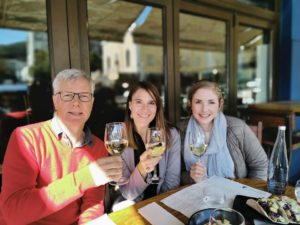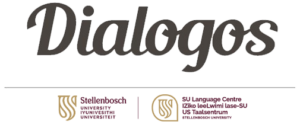It is seldom that we get a request from someone who wants to come to South Africa for three months to learn Afrikaans.
But this did happen recently. Wietse Hilverda, a Dutch businessman living in Aix, France, for the past decade, visited Stellenbosch in 2018 precisely for this reason: he wanted to discuss the possibility of a customised course with two colleagues from the Language Centre, Helga Sykstus and Arné Binneman. The result was the creation of the short course ‘Afrikaans language and culture for Dutch speakers’, which Wietse has been following at the Language Centre’s Language Learning Hub since the end of March this year. Helga spoke with Wietse to find out how he feels about his sixth language.
Why Stellenbosch?
In my opinion, Stellenbosch is still regarded as the centre of Afrikaans and the best place to learn it. My visit in 2018 was precisely to decide, finally, if this were the most suitable place.
How do your expectations compare with your ultimate experience?
My experience has been much better than my expectations could ever be! The reasons for this are the flexibility of the programme, the themes used as stimuli for discussion and meeting other South Africans, which has given me a varied and rich picture of the country and its people. And the golden thread, of course, the language. Afrikaans.
What are your impressions of Afrikaans speakers?
Afrikaans speakers are less European than I thought. Rather truly South African. I base this on their love for the language, the country and the people. This type of bond is difficult to find in Europe. South Africans, in general, are also inclined to be much more sensory and their experience of what happens around them seems to me to be much more intense.
Is there anything about which you are completely surprised?
Yes: how much people love Afrikaans. How much people want to talk with me. How receptive and open-hearted people are and how appreciative they are that I’d like to learn to speak Afrikaans so much.
Do you have any favourite words in Afrikaans?
Oh yes! Lekker. Snaaks. Padkos. Goed gaan. Vinnig. Kosmandjie. [Approximate translations: Lekker… well, it just stays lekker. Funny. Provisions for a journey. Well wishes/Go well. Quick. Food basket.]
I’m particularly interested in false friends – words that occur both in Afrikaans and in Dutch but that have different meanings.
The course that Wietse is following is offered by the Language Learning Hub, a new initiative from the Language Centre, which provides clients with a space to learn Afrikaans and keep on improving. The course focuses on the rich history shared by Dutch and Afrikaans but also on the differences in the culture of the Afrikaans language and community.
Other short courses offered by the Language Learning Hub are aimed at members of the public interested in learning basic Afrikaans or isiXhosa for use socially. E-mail Helga or Arné for more information.




